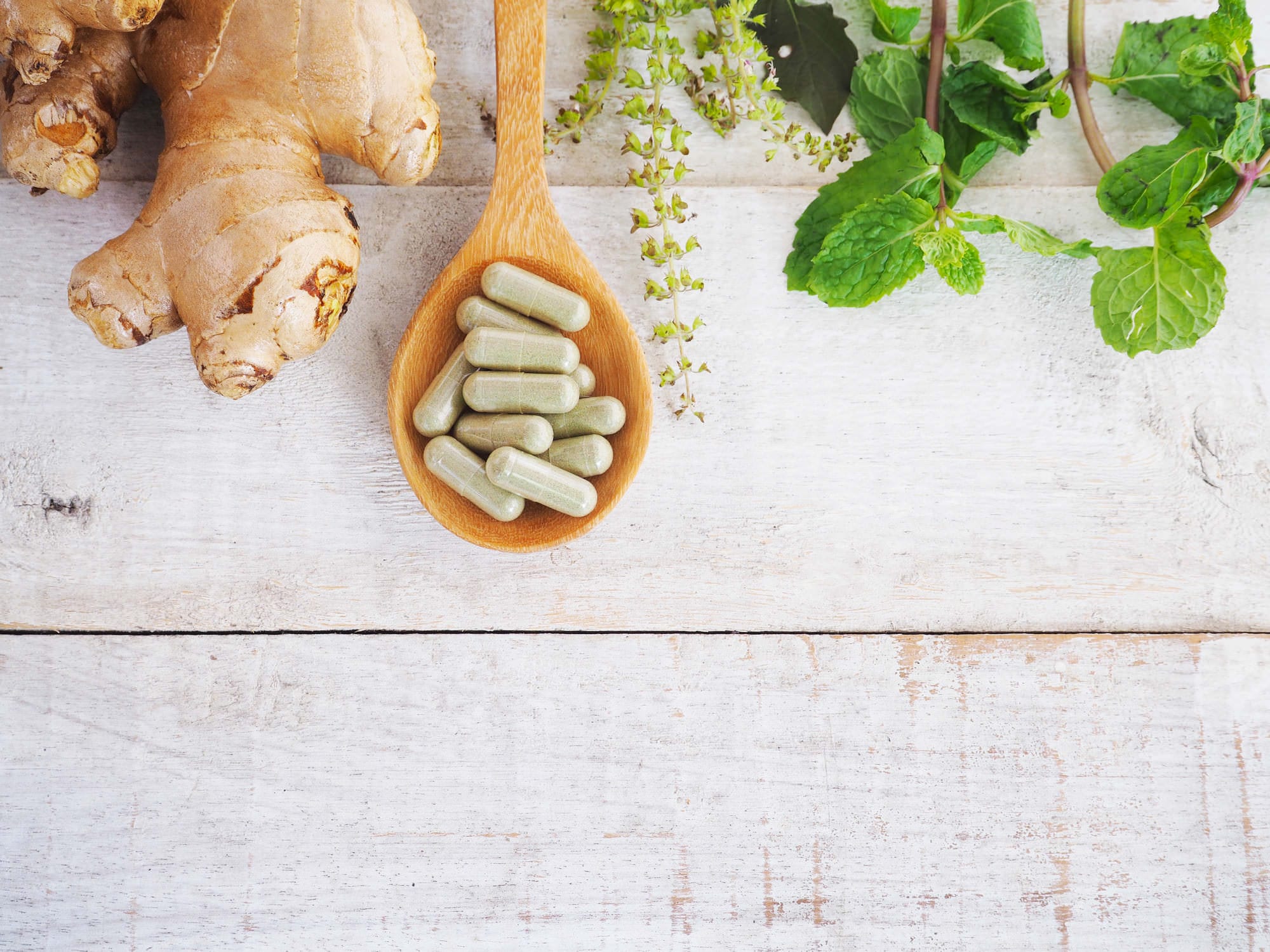There have long been rumours that we tend to get sicker in winter, but we now have some evidence to support that. While the cold weather does not affect our immune systems as many thought, it seems that certain pathogens can survive better in winter. Combine this fact with the ‘breathing zone’ theory, which states that people spending more time indoors together helps spread illness, and you go a long way to understanding why some sicknesses spike during winter.
Although the cold weather does not affect our immune systems as previously thought, a strong immune system can still help fight off illness. Below, we have compiled a list of some of the best vitamins to get you through the winter.
Vitamin A
Vitamin A is a fat-soluble vitamin, meaning it is not needed every day as it can be stored in fat until it is needed. Vitamin A helps with growing and repairing the body, while also keeping our immune systems strong. Milk, carrots, tomatoes, sweet potato, kale, spinach, egg yolks, and certain fish (salmon, tuna, sardines) are all great sources of vitamin A.
Vitamin C
Vitamin C is an antioxidant that helps fight off free radicals, which are molecules with unpaired electrons. Since atoms like to have paired electrons, they scour the body in order to find another. This causes damage to the cells in the body, which can then lead to anything from cancer to Alzheimer’s.
Our bodies naturally produce both antioxidants and free radicals, but we need to use our diet to ensure that there are more antioxidants than free radicals. Citrus fruits, such as oranges, have some of the highest levels of vitamin C. Kiwis, cranberries, and strawberries are other fruit options, while cabbage, potatoes, and broccoli are vegetable alternatives.
Vitamin E
Vitamin E is another antioxidant, and is believed to help fight certain forms of cancer and heart disease. It is also fat soluble, and vitamin E deficiency is extremely rare. Supplements are mostly reserved for people with malabsorption issues, or another condition such as Alzheimer’s, where high doses may stave off damaging effects. Vitamin E can be found in a lot of different foods that would make up a healthy diet. Vegetable oils such as wheat germ or sunflower, nuts such as almonds or peanuts, seeds such as sunflower, pumpkin, or sesame, and green leafy vegetables such as spinach or broccoli are all great sources of vitamin E.
Iron
Iron may be a mineral not a vitamin, but it is necessary for our bodies to produce red blood cells, which affect our health all overall our bodies. Red blood cells carry oxygen around the body, giving energy to both our muscles and our minds. The best source of iron by far is red meat, with beans and lentils being among the best vegetarian alternatives. Even flour and eggs have iron, so getting your daily dose should be easily worked into any diet. Ensuring that you get enough vitamin C will also help your body absorb the iron more efficiently.
There’s no way to guarantee that you will avoid getting sick this winter, but the best way to protect yourself is to make sure that you get a good mix of vitamins and minerals. The ones we have looked at today will help prevent illness, lessen the symptoms, and hasten recovery. As we have seen, many of these vitamins are found in products we would consume everyday, and are not specific to winter, so maintaining a mixed, balanced diet can help you stay health with very little effort all year round.















